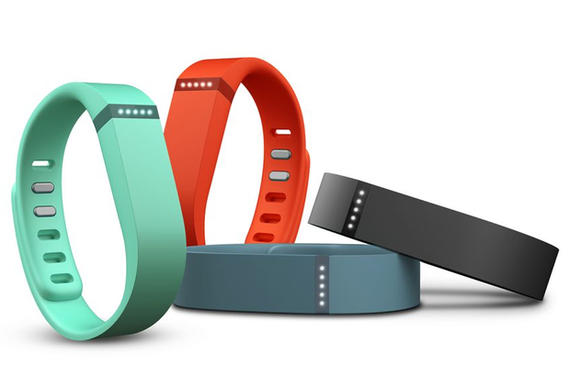FitBit (NYSE: FIT) Tracker Deemed Highly Innaccurate According To Studies
Fitbit’s class action lawsuit may have just become more complicated as the company’s heart rate accuracy is now in question.
A new study, commissioned by Lieff Cabraser, the law firm behind the class action suit, has revealed that the company’s PurePulse heart rate monitor is probably wrong about your heart rate.
Researchers at the California State Polytechnic University, Pomona tested the heart rates of 43 healthy adults with Fitbit’s PurePulse heart rate monitors. They used the company’s Surge watches and Charge HR bands on each wrist.
In the study, subjects were hooked up to a BioHarness device that produced an electrocardiogram (ECG), to record the heart’s rhythm against the data being produced by Fitbit’s devices.
The subjects were involved in exercises that included jumping rope, outdoor jogging, stair climbing, and treadmills. Comparative results from rest and exercise showed that the Fitbit devices miscalculated heart rates by up to 20 beats per minute on average during more intensive workouts.
The study document stated, “The PurePulse Trackers do not accurately measure a user’s heart rate, particularly during moderate to high intensity exercise, and cannot be used to provide a meaningful estimate of a user’s heart rate.”
Lieff Cabraser’s class action suit is aimed at three Fitbit models that use the PurePulse heart monitor, including the Fitbit Blaze, Fitbit Charge HR and Fitbit Surge.
A statement by Fitbit posted by Gizmodo discredited the study’s results.
“What the plaintiffs’ attorneys call a ‘study’ is biased, baseless, and nothing more than an attempt to extract a payout from Fitbit.
It lacks scientific rigor and is the product of flawed methodology,” the statement read.
“It was paid for by plaintiffs’ lawyers who are suing Fitbit, and was conducted with a consumer-grade electrocardiogram – not a true clinical device, as implied by the plaintiffs’ lawyers. Furthermore, there is no evidence the device used in the purported ‘study’ was tested for accuracy.”


